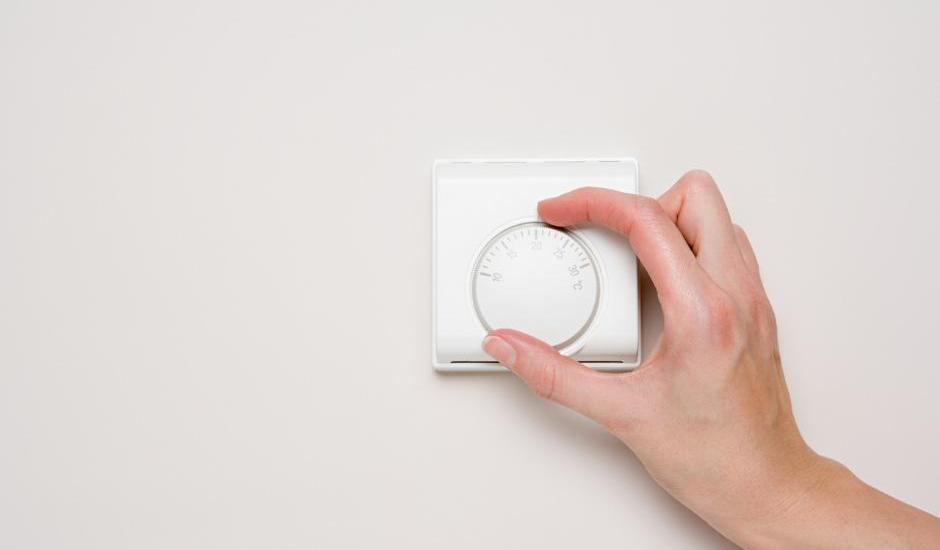
Self-Esteem at a Low Ebb?
Self-esteem and self-confidence
I am often approached by clients seeking my help who tell me they have low self-esteem. The first question I ask them is ‘do you feel you have low self-esteem or is it actually low self-confidence?’
Although self-esteem is related to self-confidence they are different notions. Self-esteem is how we feel about ourselves generally; we all battle in the daily grind and low self-esteem is about feeling you have little or no value about yourself at all. Self-esteem can be forged by one’s experiences and issues that have occurred in one’s life. This can influence how you feel about yourself in the present.
Self-confidence can depend on a particular situation for example, someone sitting an exam or driving test. You can be self-confident about other aspects of your life but perhaps not in a particular scenario.
Of course, some people can have a lack of self-confidence and experience low self-esteem. When you learn to value yourself, your self-esteem improves which, in turn, can make you a more confident person. And being more confident makes you happier and can open many more doors in life.
And hypnotherapy can help you achieve both self-confidence and a greater value in your life.
Self-esteem
Many self-esteem issues originate in childhood. People say your childhood is the best days of your life but this is certainly not the case for many. Our childhood and how we interact with family and friends and schoolmates can have a huge influence on how we value our lives. Of course, life has its ups and downs but people who have low self-esteem can dwell on the downs rather than celebrate the ups. How often have you had a generally productive day at work and feel you’ve got a lot done only to receive one piece of criticism – even a minor one – which can spoil your day? Rather than focus on the positive aspects of the day, you dwell on the negative one. I’ve certainly done this myself but self-hypnosis has taught me well!
The crucial teenage years can impact on one’s self-esteem. Peer pressure, pressure from parents, outside influences can all play a part in shaping who we are. Those who have experienced trauma at a young age such as abuse or serious illness can find their self-esteem is at rock bottom. For example, someone who has experienced abuse can find it very difficult to trust other people and may blame themselves for what happened. Hypnotherapy can help people with these issues to overcome negative thoughts and increase their self-esteem.
Low self-esteem can affect different people in different ways. Of course, we are all different. However, there some consistent signs which indicate a lack of self-esteem. If someone believes they are inadequate or unworthy, their behaviour will reflect this. Therefore, they act in a way that indicates they aren't able to do things or aren't very good at doing things. Among these behavioural traits are:
- feeling hopeless or depressed
- feeling bored with life
- having no motivation
- feeling constantly anxious or fearful of making a mistake
- lack of assertiveness
- feeling overly sensitive to criticism
- thinking there’s nothing to look forward to
- thinking negatively about yourself
- feeling tired a lot of the time
- feeling like a failure
- wishing your life was better.
A sign of someone having low self-esteem is if you believe no one loves you or need you. You may constantly seek reassurance from others. Overcoming low self-esteem involves learning to accept yourself through your eyes, and not through the appraisal of others.
Chaotic relationships
Some people with low self-esteem may have difficulty maintaining close relationships. They become embroiled in negative thinking such as assuming the worst and thinking every day will bring nothing but misery. Self-doubt can result in relationship insecurities. This is because low self-esteem not only impacts perception of self, but also the expectations of the partner and the basis of a relationship.
Hypnosis for self-esteem can help you develop respect and appreciation for yourself. One you begin to respect and love yourself this will make it easier for others to do so. It will enable you to deal with your insecurities and not let them affect your relationships. You will be in control. With healthy self-esteem you can trust others more easily and appreciate the love, support and affirmation a relationship can bring.
Defensiveness
Everyone can be defensive, but having low levels of self-esteem can make you more defensive. Receiving criticism is part of life but if you are feeling negative about yourself you will be more sensitive to criticism. This may make you reticent; an example of this may be you fear any suggestions you make will receive disapproval. As a result you may get defensive when being asked to add input or voice your opinion.
Overcoming low self-esteem through hypnosis involves reprogramming your thoughts. Hypnosis for low self-esteem enables you to develop a more positive perception of yourself. In turn, you will feel more confident about discussing your views and ideas with others.
Difficulty communicating
Living with constant fear and anxiety means people with low self-esteem can find it difficult communicating their true feelings for fear of that reactions may be or fear of rejection. If you can relate to this, you may feel that you don't have the right to ask for what you want or that you have nothing to offer. You may have an intense fear of rejection and feel paralysed in social situations - unsure of what to say or do. This difficulty communicating can impact several areas of your life.
If you are living with feelings of inadequacy and self-doubt your mental health may be at risk. Although low self-esteem is not recognised as a mental health problem, the two are closely related. This is because long-term negative thinking can lead to depression and anxiety. Self-doubt and feeling hopeless can also make it hard for you to try new things or complete everyday tasks. This can stop you from living life in a fulfilling and healthy way.
Low self-esteem can also be linked to the development of unhealthy habits such as smoking and drug taking. For some people with low self-esteem, these habits help them to better cope with their thoughts and feelings. In the long-term however, addiction can make life more difficult and reinforce feelings of unworthiness and self-loathing. It can also lead to mental health problems.
This can turn full circle in that mental health problems can cause low self-esteem. For example, Eating disorders, stress, depression and social phobias, can involve negative thinking about yourself. Some people with mental health problems will withdraw from society. This can lead to feelings of isolation and loneliness. Both are linked to low self-esteem. The stigma associated with mental health problems can also contribute to negative thinking.
Overcoming low self-esteem requires identifying and challenging the negative beliefs you have about yourself. Understanding how you learned them and why, can help you to unravel the significance they have in your daily life. There are many self-help tips you can try.
Hypnotherapy is a relaxing and safe process that involves redirecting the attention of both the conscious and subconscious mind. The aim of hypnosis for self-esteem is to identify and challenge patterns of negative thinking. It also encourages positive changes through the power of suggestion. Once you're under hypnosis, a hypnotherapist will present various hypnotic suggestions, visualisations and other techniques. These help to promote positive thoughts, attitudes and beliefs that support a healthy self-esteem.
In the deeply relaxed state of hypnosis, your subconscious is more accepting of suggestions to change. By identifying your problems and goals in an initial conscious enquiry, a full qualified hypnotherapist can tailor their suggestions to meet your needs. In the case of hypnotherapy for self-esteem, the primary aim is to encourage self-empowerment and reduce negative self-talk. Thus promoting the development of long-term, healthy self-esteem.
For a consultation please contact me on 0752 135 3787 (24 hours) or email me at mike.smith@mgs-hypnotherapy-services.co.uk

